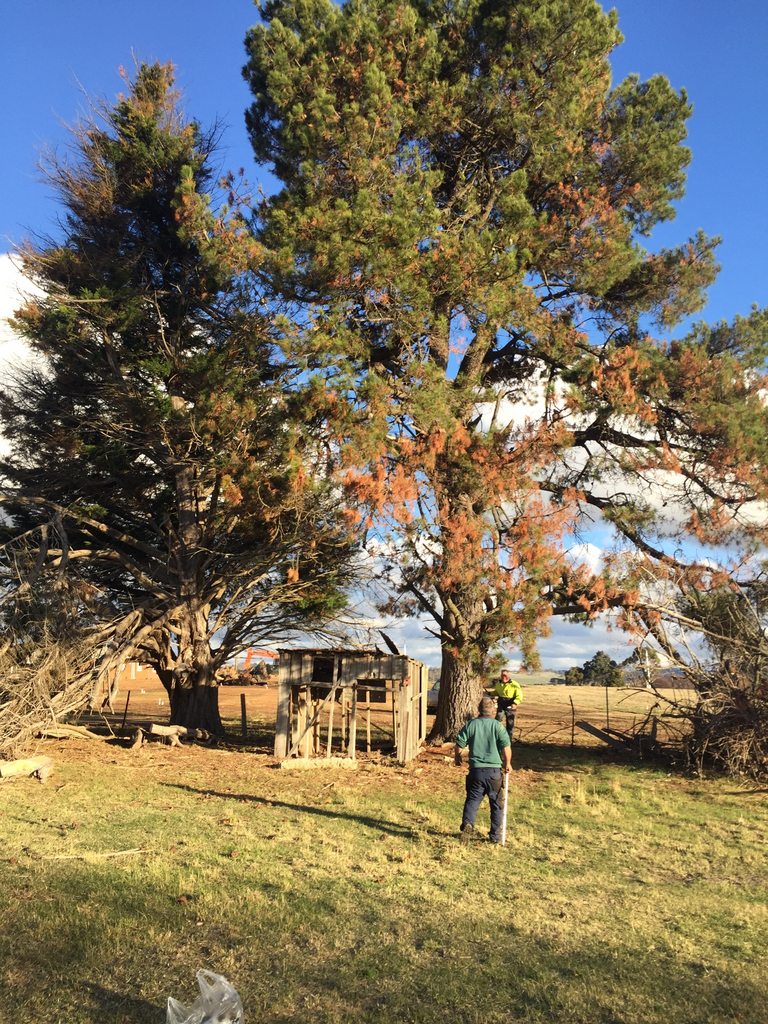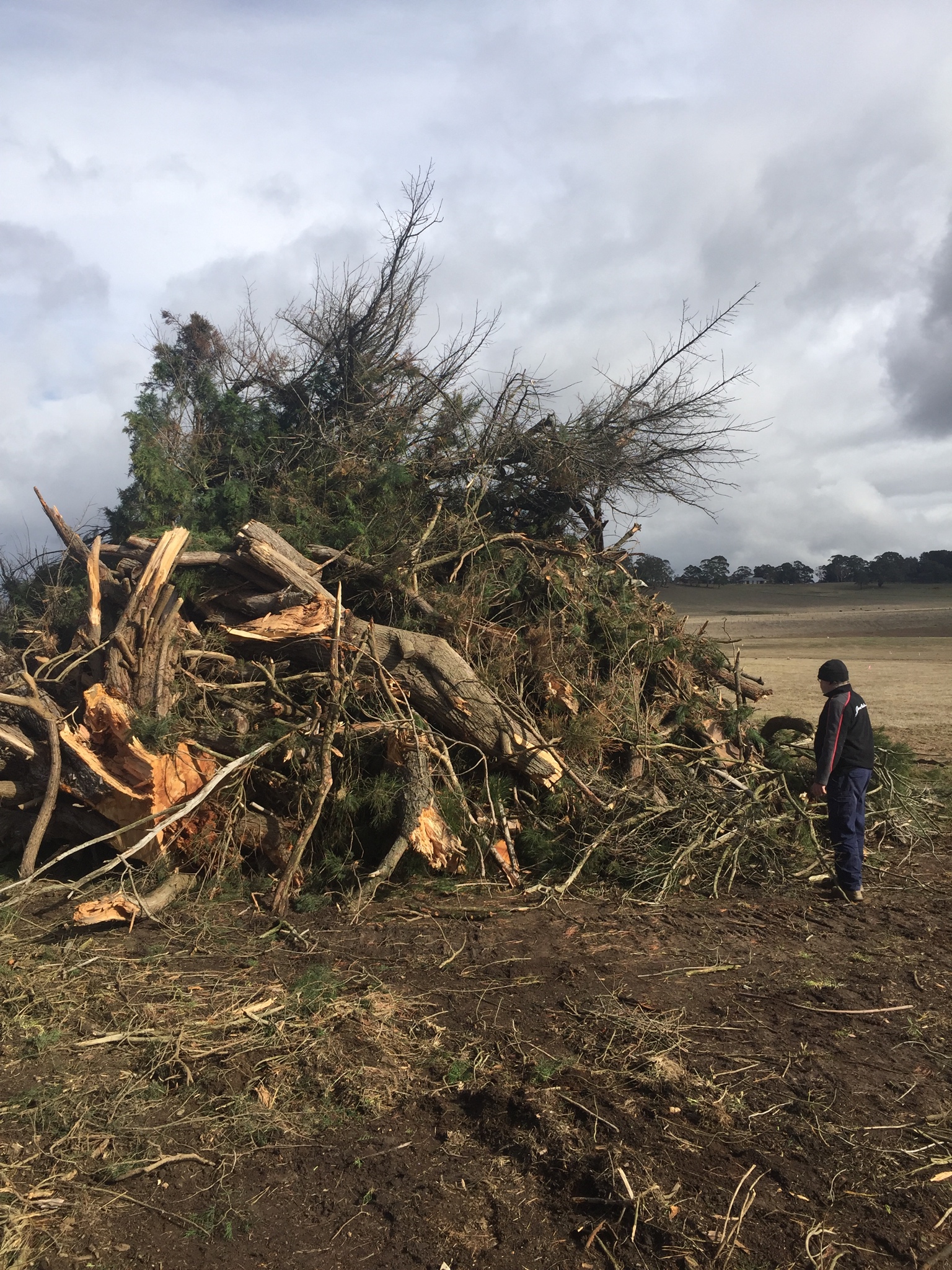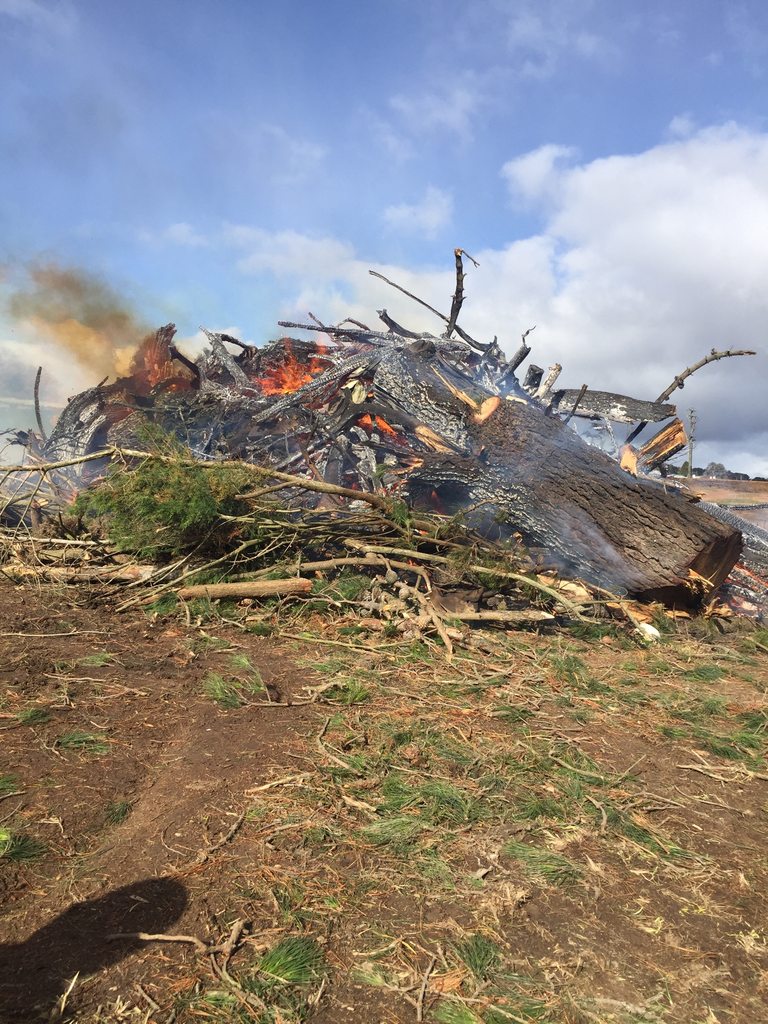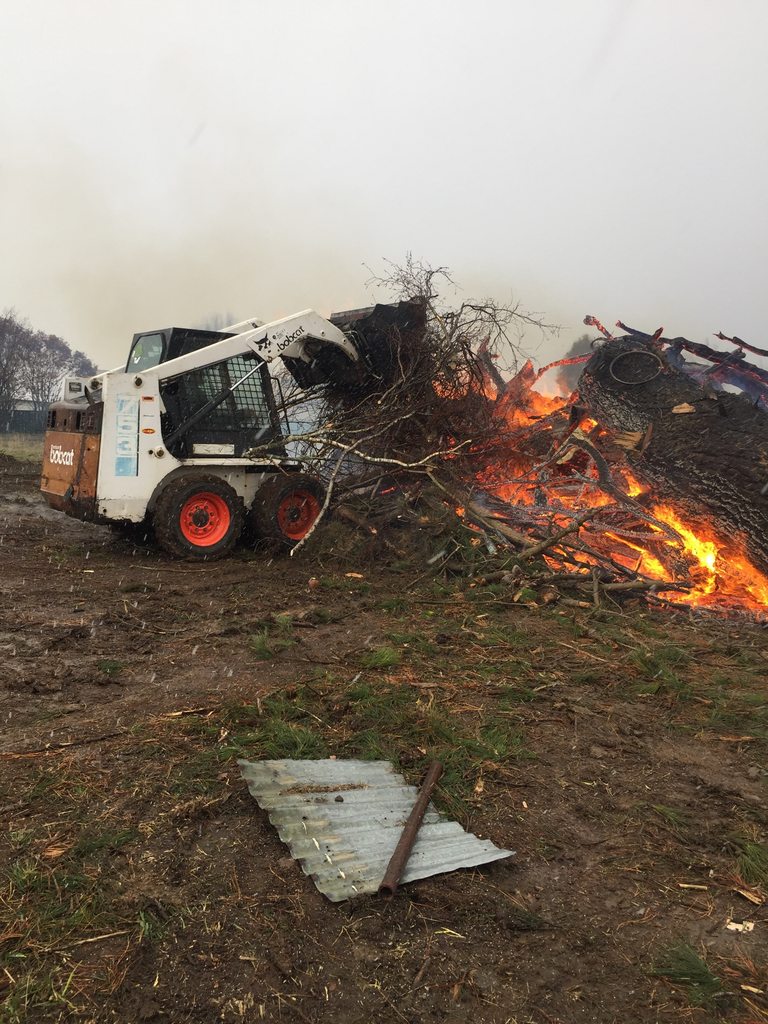The easy answer is yes and no. If it is clean fuel with no breakdown or ethanol and clear air additives than yes you are correct. The no factor comes in the form of ethanol and other additives. In many instances the fuel that goes to Holiday and Kwik Trip comes from the same refinery. The difference is in what is dumped in to make it blue planet or top tier. I get 1.3-2.2 mpg better with BP fuel than what I get with Kwik Trip fuel. It's both 87 octane but the KT fuel contains either a higher dose of ethanol or additive. So usually what means is the efficiency of the power transferred by the combustion is less with KT fuel.
IMHO ethanol is a created subsidy to help farmers. It has no benefit in efficiency or longevity when it comes to combustion engines. When my 84' buick skyhawk was able to get 41 MPG but a new vehicle with a smaller motor is only able to get 31-32 mpg, emissions on these vehicles are not the only factor. Fuel plays a large part in it.
People can say what they want but fuels with ethanol break down much faster when left untreated. Once those fuels break down it loses it's octane and burns very inconsistently. Losing that explosiveness also correlates with a tremendous loss of energy. Now let it sit for longer and the ethanol separates from the fuel. In most FI vehicles you may notice a reduce in power but once you start figuring units with smaller injectors or lower pressure you get issues with injector plugging, fouled plugs, etc. In carb machines you get instances of plugged jets, deposits on diaphragms, and corrosion on parts like needle valves. Realistically ethanol is just corn alcohol that hates being bonded to gas. So once it starts to separate you have water(ethanol) and fuel. They have a different weight, buoyancy, and flow rate.
Sorry for rambling.
I agree generally but just to point out a couple of bits that don't come across very well from your post.
1. all petrol (gasoline) has the same calorific value, high octane has no more oomph.
2. The higher the ron, the 'LESS explosive' it is, i.e the less it will auto detonate.
3. Higher RON fuel allows tiing to be advanced without autodetonation aka knocking or pinking. KNocking is bad, it will damage an engine, but advance timing generally gives more efficiency and power. So premium fuel allows for more power IF the engine is advanced (auto tune will advance the timing I assume? cars definitely do, car EMUs are constantly striving to advance, but have knock sensors and retard again if knock is detected. fill a car (like mine, a modern turbo powered semi performance engine) with standard fuel and I notice it knock and run rough/won't rev and pick up, then it settles quickly but I'll get may 10% less mpg. fil it with premium again and it will take 3 or 4 tank fulls to slowly advance to its max again.
4. Ethanol increases (yep really) RON/Octane.
5. Ethanol absorbs water, if it absorbs enough it separates out as a gel to the bottom of the tank, strpping the RON from the remainng fuel and sludging the lines and carb. Keep the tank sealed and water away and it can't happen very fast.
6. ethanol also attacks and softens some rubbers - bad for lines and carb diagphrams
7. fuel also contains aromatics (benzene ring based compounds). These oxidise over time and form gums and varishes which block carb jets etc. Star tron (which i also use ) etc work by slowing the oxidation process. Star tron also claims to solve ethanol problems....err.....no idea what chemistry it claims to use there.
8. final problem with old fuel is simply the volatile components evaporating. the really volatile stuff is small enough molecules it will diffuse through plastic cans, so seal and store in metal cans. loss of volatiles jut makes it harder to start a cold saw, but still runs ok.













 .
.